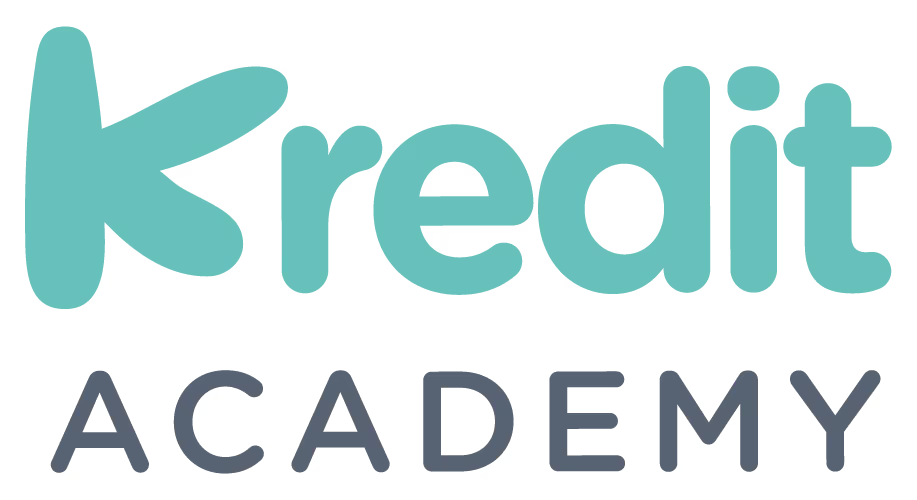Debt. The word alone can spark stress, but it doesn’t have to. Debt is simply a financial tool—a double-edged sword that can either help you reach your goals or mess up your financial health, depending on how it’s managed. In this post, we’ll break down what debt is, how it relates to credit, common examples, its impact on your financial outlook, and the best way to approach it.
What is Debt?
At its core, debt is borrowed money that you agree to pay back, often with interest. It’s a financial agreement between you and a lender, where you get access to money or resources upfront and repay it over time.
Types of Debt
Debt can come in many forms, but here are some of the most common:
- Medical Bills: Unplanned health expenses that can quickly turn into debt if unpaid.
- Credit Cards: Revolving debt that allows you to borrow up to a limit and repay over time.
- Student Loans: Borrowed money to fund education, often with lower interest rates and flexible repayment options.
- Mortgages: Long-term loans to buy property, typically repaid over 15-30 years.
- Auto Loans: Loans to purchase a vehicle, repaid in fixed monthly installments.
- Personal Loans: Unsecured loans that can be used for various purposes, like consolidating debt or funding major purchases.
How Debt Relates to Credit
Debt and credit are closely linked. Think of credit as the trust lenders have in you to borrow money, and debt as the result of using that trust. The way you handle debt directly affects your credit score, which in turn impacts your ability to borrow in the future. Here are some key connections:
- Timely Payments: Paying debts on time positively impacts your credit score.
- Credit Utilization: The amount of credit you’ve used versus your limit plays a major role in your credit health. Keeping balances low helps your score.
- Debt Mix: Managing various types of debt can boost your credit profile by showing lenders you’re responsible.
How Debt Impacts Your Financial Outlook
Debt isn’t inherently good or bad; it’s all about how you use it. Here’s how it can influence your finances:
The Positive Side
- Building Credit: Using debt responsibly and paying it back on time shows lenders that you’re reliable. This builds a strong credit history, making it easier to borrow for major purchases in the future.
- Access to Opportunities: Loans and credit can help you invest in education, start a business, or buy a home.
- Financial Flexibility: Debt can be a safety net during emergencies.
The Negative Side
- High Costs: Debt can be expensive, especially if interest rates are high. Over time, you might pay back significantly more than you originally borrowed.
- Stress: Mismanaged debt can lead to financial strain and mental fatigue.
- Limited Opportunities: Excessive debt can lower your credit score and limit future borrowing options.
A Healthy Approach to Debt
Here are the golden rules for managing debt wisely:
- Borrow What You Can Repay: Only take on debt you know you can handle within your budget.
- Prioritize Needs Over Wants: Use debt strategically for essentials, like education or a home, rather than discretionary expenses.
- Understand the Terms: Know the interest rates, repayment schedule, and fees associated with any loan.
- Pay More Than the Minimum: Reducing your principal balance faster saves you money on interest.
- Create a Repayment Plan: Stay on top of due dates and tackle high-interest debts first.
Final Thoughts
Debt is a powerful tool when used responsibly, but it requires discipline and planning. By understanding how debt works and how it connects to your overall financial health, you can leverage it to build wealth and achieve your goals.
Remember, debt isn’t the enemy; mismanagement is. Approach borrowing with care, and it can serve you well throughout your financial journey.
Stay tuned for more insights as we continue exploring the building blocks of financial literacy!












.svg)
.svg)
.webp)